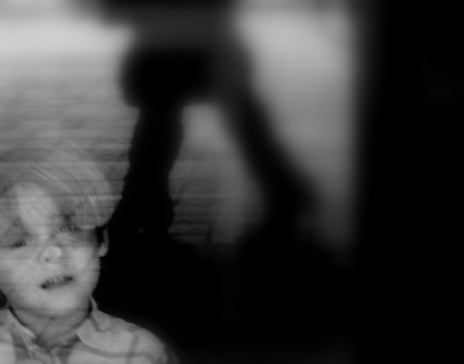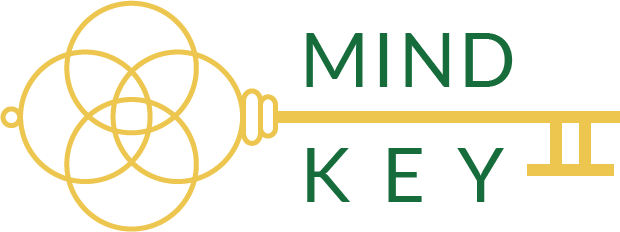
Parenting without ego: from Blank slate to Healthy self
by Cris McCullough
Is a child’s mind a blank slate or are children driven by their egos? When it comes to the word “ego,” there are two definitions. As a noun, it describes “a person’s sense of self-esteem or self-importance.” It implies the cultivation of self-worth, self-respect, self-image, and self-confidence. In the realm of psychoanalysis, it describes “the part of the mind that mediates between the conscious and the unconscious and is responsible for reality testing and a sense of personal identity.”
Our Children—Blank slate, or ego-driven?
As a parent, one can blur the lines between the need to inspire our children to develop a healthy ego, which will help them navigate the reality of their world without harm, and our own ego’s need to be bolstered by the opportunity to live vicariously. Children seem to come into this world as a “blank slate,” waiting to be formed, filled with hope and possibility. Through them, we have the opportunity to either correct our own failings or mistakes or to perpetuate our belief systems. However, anyone who pays attention to their child will see they come into this world already, in some ways, formed. Their ego already exists and simply needs to be encouraged to blossom into its fullness.
As parents, we have the opportunity to recognize the unique potential within each child. We also must accept the responsibility to nurture each child’s gifts through our support in cultivating their healthy ego.
Ego: Nature or nurture?
My husband and I made the decision to homeschool our kids—twin boys and a daughter. Thus, I had a unique opportunity to experience their growth and responses to that education first hand. Though they had the same teachers, us, and were exposed to the same learning opportunities, they had very different responses to that process.
One twin had a very studious and rational nature. This twin analyzed and processed information. He was my linguist, enjoying classes in German and Spanish. He was my computer geek and “scientist.” This child also participated in an exchange program in South Korea at the age of 14, went to computer camp and to the Bahamas to study sea turtles. Later, he graduated from The University of Chicago with a degree in Asian studies and is head of the Asian Department for The American Council of Education in D.C.
Conversely, his twin brother was outgoing, friendly, happy to be outdoors, and enjoyed fantasy role-playing. At an early age, he began to draw and write stories and comics. He went to Massachusetts College of Art. Afterward, he interned with a sci-fi illustrator and he now teaches art at an elementary school in Texas.
Big sis always led the way in their fantasy adventures, creating games, writing and illustrating her own stories. She interned at Trinity Repertory Theatre Company and acted in murder mysteries in Newport, R.I. She holds a master’s degree from the University of Hawaii in Asian Theatre, and is an illustrator, actor, and a graphic novelist.
So, consequently, we had three kids raised in the same environment. Yet, they had very different interests. Still, each of them has a strong sense of self. This allows them to go out into the world on their own terms and be who they want to be.
As a parent: Navigating our own ego
My “parent ego” may want them to have more money, have a secure career or live in a better place, but those are simply self-serving ideas, inherited by my own upbringing and education. Ultimately, as a parent, I want them to be happy, and happiness comes from doing what makes your heart sing! That is to say, happiness comes from being who you are. From being proud to live that self in the world without censure.
My job as a parent was to take the time to recognize their intrinsic ways of being and seeing the world I introduced them to. In addition, my job was to nurture their individual relationships to that world. Each had a different personality with differing needs. Therefore, I needed to offer them, to the best of my ability, the resources to support their explorations and their growth.
The benefits of that approach lie in the joy of seeing one’s children enjoy their lives and create meaningful experiences for themselves. Ultimately, no parent can live their child’s life. We can only nurture them to adulthood and aspire to develop mutually healthy relationships with them.
Building a healthy ego
Carl Jung said, “the first half of life is devoted to forming a healthy ego; the second half is going inward and letting go of it.”
You have to have an ego to be. Ego expression is not the problem. If there is a problem, it lies in imposing the parent’s ego on the child without paying attention to the intrinsic Self.
The key to less parental ego involvement lies in being fully present in the moment. The parent must learn to respond to a child’s growth mindfully, exposing them to diverse educational opportunities. Lastly, within reason, the parent should allow the child to follow and cultivate their own interests and talents with your support.
Cris McCullough, MA is a holistic counselor and integrative healer and wellness coach, author and teacher. Her holistic practice began in 1997. She held a position as director of a credits towards graduation recovery program for the MET High School and as an holistic counselor for Women and Infants Hospital’s wellness program. She helped develop the Education Resource Center with other homeschoolers in the state when she began homeschooling her three children, twin boys and a daughter.
Cris presently works at Northern Lights Holistic in Portsmouth, R.I. and can be found online at www.SoulWisdomHealing.com.
Find the first “Parenting without ego” story here.



 Help your child’s ego blossom by allowing them to be who they are. Image by JoAnna Schillaci.
Help your child’s ego blossom by allowing them to be who they are. Image by JoAnna Schillaci.  Help your child’s ego blossom by allowing them to be who they are. Image by JoAnna Schillaci.
Help your child’s ego blossom by allowing them to be who they are. Image by JoAnna Schillaci.